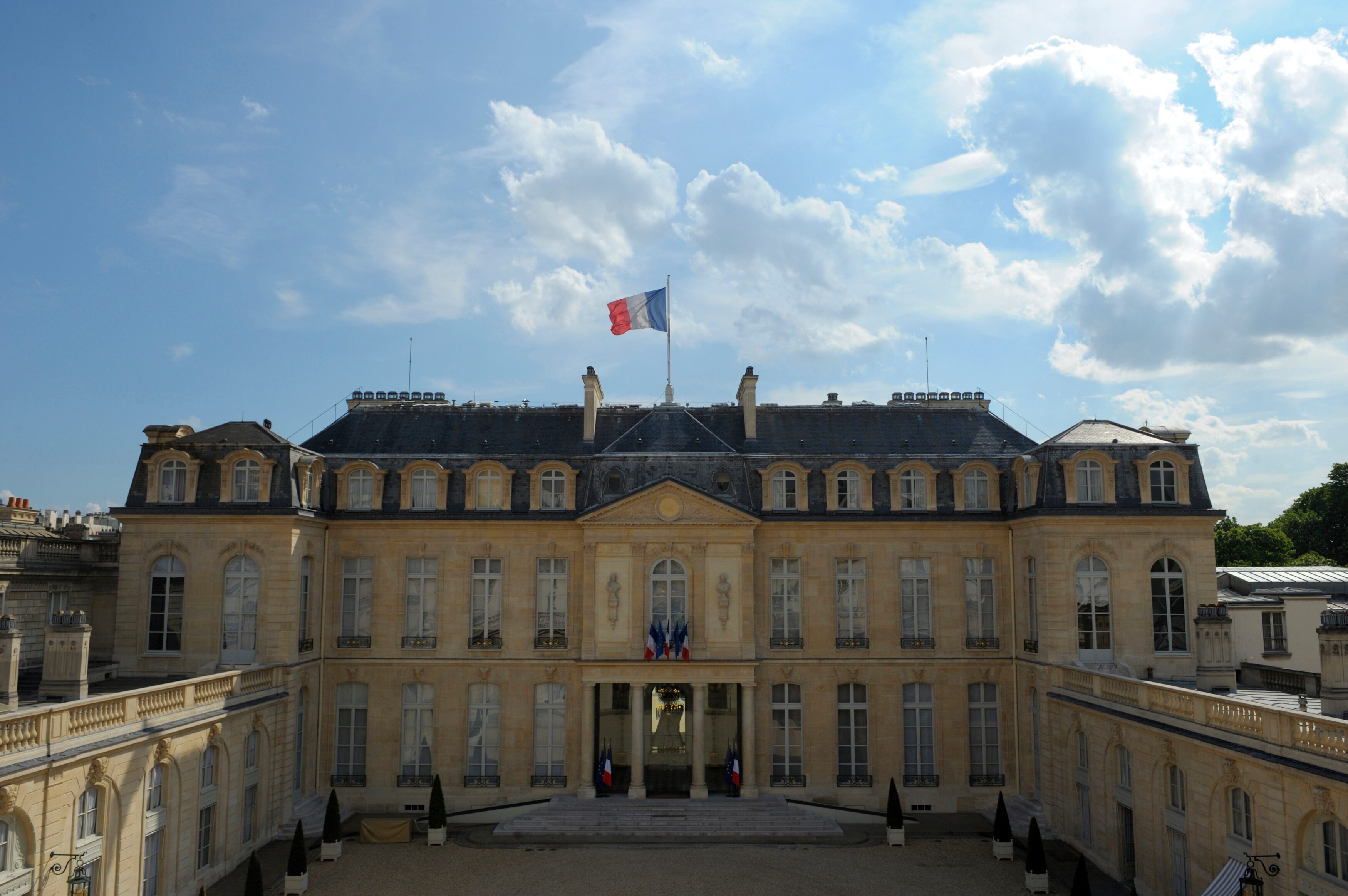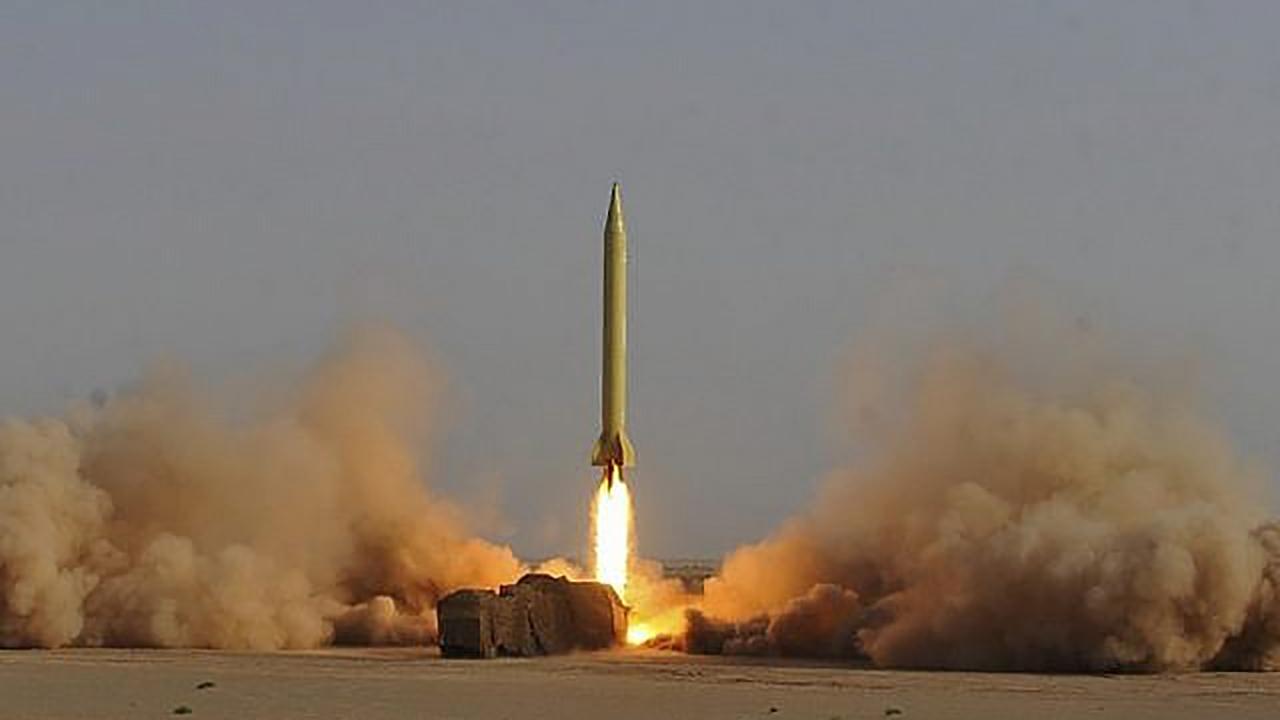In a shocking turn of events, French President Emmanuel Macron and Russian President Vladimir Putin recently engaged in a two-hour phone call, the first of its kind in nearly three years. This call, set against the backdrop of the U.S. bombing of Iran’s nuclear sites, highlights a growing rift in global diplomacy and raises alarm bells about the potential consequences for international security.
Macron"s Diplomatic Gamble
Macron"s decision to reach out to Putin is a risky maneuver that reflects his desperation to regain France"s stature on the global stage, particularly in the Middle East. With the U.S. taking unilateral military action against Iran, Macron’s call can be seen as an attempt to re-establish France"s influence in a region where it has been sidelined. According to The New York Times, Macron aims to position France as a mediator in a conflict that has escalated beyond reasonable boundaries.
Putin"s Calculated Strategy
For Putin, the call serves as a platform to assert Russia"s relevance in global geopolitics, particularly after facing widespread condemnation from the West due to his invasion of Ukraine. By engaging with Macron, Putin seeks to leverage the chaos stemming from U.S. actions to enhance Russia"s role as a mediator between Iran and Israel. This approach is not merely opportunistic; it is part of a broader strategy to counteract Western isolation and reassert Russia’s influence, especially in the Middle East.

Heavy metal rocks French President"s palace after YouTube bet ...
The Dangerous Implications of U.S. Bombing
The U.S. bombing of Iran"s nuclear facilities has set off a chain reaction that could destabilize an already volatile region. As reported by NPR, the airstrikes may inadvertently strengthen Iran"s hardline factions and embolden its military responses, which could spiral into further violence. The potential for escalation is heightened by the fact that both Macron and Putin, as prominent members of the United Nations Security Council, are now faced with the task of addressing the fallout of U.S. actions.
Nuclear Nonproliferation at Risk
During their call, both leaders expressed a mutual concern for “preserving the global nuclear nonproliferation regime.” This shared interest raises questions about their commitment to international norms versus their strategic self-interests. As reported by U.S. Mission to the UN, the integrity of the Nuclear Nonproliferation Treaty (NPT) is under siege as nations like Iran feel increasingly threatened by military actions from the U.S. Such actions could lead to a renewed arms race and undermine decades of diplomatic efforts to curb nuclear proliferation.

US sanctions should pressure Iran to stop supporting terrorism and ...
Repercussions for the Global Order
The implications of this diplomatic tête-à-tête extend far beyond the immediate concerns of Iran and Ukraine. Macron"s overture to Putin signals a fracturing of the united front that Western nations have maintained since the onset of the conflict in Ukraine. This shift could embolden authoritarian regimes worldwide to disregard international norms, complicating the already challenging landscape of global diplomacy. According to research on Macron"s grand strategy, his approach to Russia has always been contentious, but this latest move may destroy whatever credibility he has left on the world stage.


![[Video] Heavy clashes and gunfire reported in Baghdad, Iraq](/_next/image?url=%2Fapi%2Fimage%2Fthumbnails%2Fthumbnail-1768342239932-848qsh-thumbnail.jpg&w=3840&q=75)




![[Video] Gunfire between Iraqi security forces and Sadr militias in Baghdad](/_next/image?url=%2Fapi%2Fimage%2Fthumbnails%2Fthumbnail-1768343508874-4redb-thumbnail.jpg&w=3840&q=75)
